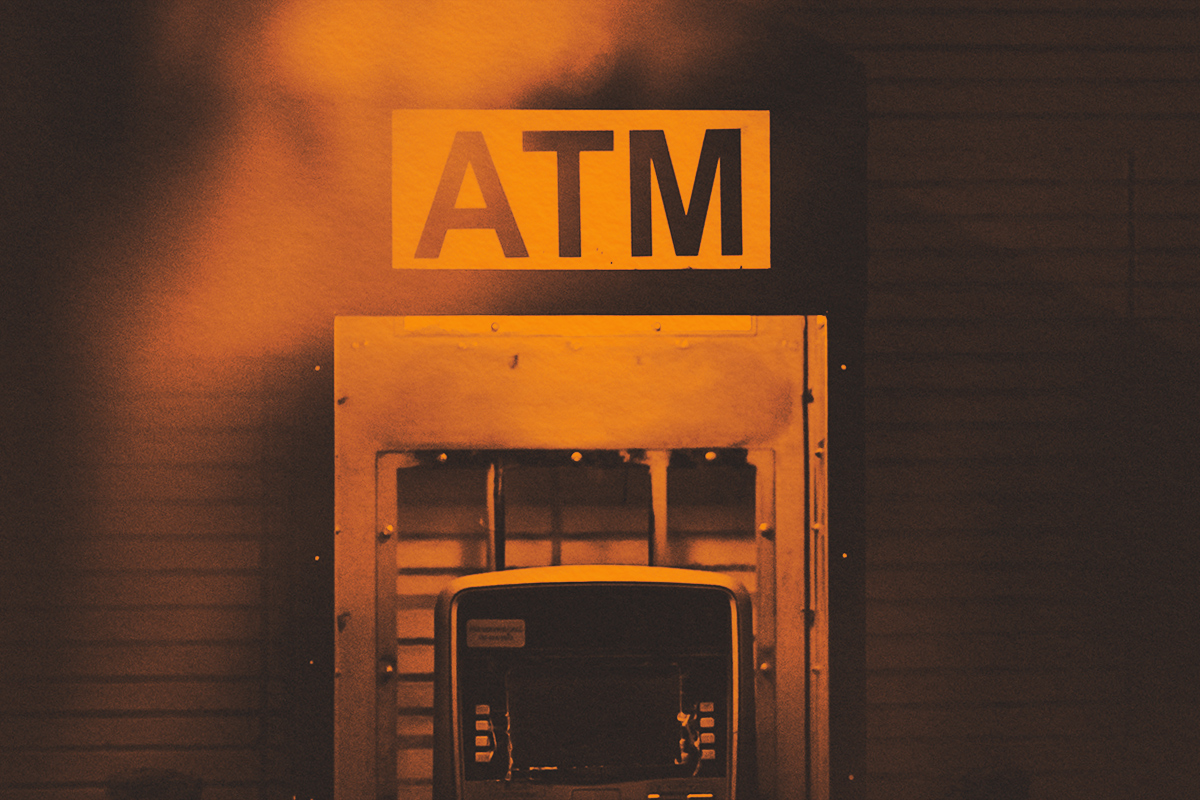
If there’s writing on the wall, there could be a few things at play. Maybe your toddler got a little too ambitious with their box of crayons, and you’ll need to spend a few hours cleaning up. Or maybe there are warning signs of an impending troublesome situation. The figurative “writing on the wall” could be a request to see your boss after a bad review (signaling you might lose your job), or it might be black clouds moving in while you’re enjoying a day at the beach (foretelling you’re about to get soaked). The idiom that means “something bad will probably happen soon” isn’t a new invention; it comes from a Bible passage in the Book of Daniel about some prophetic words written on a wall.
One translation of Daniel 5:5-31 reads, “Suddenly, a person’s hand appeared and began writing on the wall. The fingers scratched words into the plaster… King Belshazzar was very afraid.” The prophet Daniel interprets the message from this mysterious and disembodied hand to mean that God found King Belshazzar lacking, and was going to take away his kingdom. That very night, the king died.
The idiom “the writing on the wall” has always been used to portend ominous events ahead, from those early biblical times to the present usage. It’s still frequently used today, although almost exclusively in a figurative sense now. It rarely, if ever, refers to any literal writing on a wall. For example, should someone notice warning signs of a layoff coming at their job, they might be able to prepare for the future, but there won’t be an announcement message written on the wall in the conference room.



















